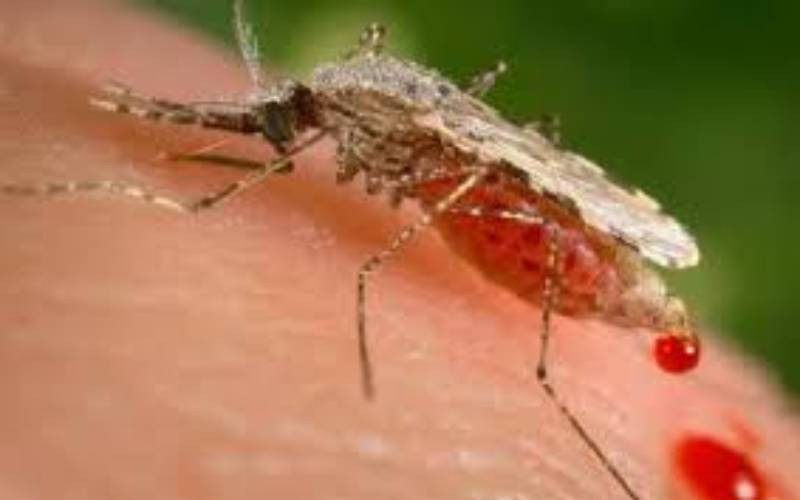
Lack of a national and regional policy regulating Trans-fatty Acids (TFAs) in the food supply chain is putting millions of lives at risk.
Industrially-made TFAs are harmful compounds found in foods, fats and oils, clogging arteries and increasing the risk of cardiovascular diseases.
The World Health Organisation (WHO) targets a TFA-free world by 2023.
The International Institute for Legislative Affairs (IILA), one of the lobby groups pushing for their elimination, said TFAs can be replaced with healthier oils and fats without affecting the taste or cost of food.
“It will help achieve national, regional and global health goals, which seek to halt and reverse the rising burden of non-communicable diseases (NCDs) and ultimately ensure healthy lives and well-being for all at all ages,” said IILA chief executive Celine Awour.
“TFA elimination is predicted to save 17.5 million lives over the next 25 years and prevent avoidable suffering.”
The four major NCDs include cardiovascular diseases, cancers, chronic respiratory diseases and diabetes.
Awuor said policy could also greatly reduce strain on healthcare systems. In Kenya, NCDs account for 50 per cent hospital admissions and 55 per cent of hospital deaths, she said.
“The cost of treating NCDs is very high nationally, regionally and globally and this decreases household income as well as drains countries’ economies, especially because most people suffering and dying because of NCDs are middle-aged people who are very productive,” said Awour.
TFA can be produced industrially by the partial hydrogenation of vegetable and fish oils, but also occur at lower levels naturally in meat and dairy products from ruminant animals such as cattle, sheep, goats and camels.
To reduce TFAs in the food supply chain, IILA called for legislation of their content in food products and labelling, agricultural policies to support their elimination and adoption of an effective regulatory mechanism in East African Community.
Poor data
Some of the challenges toward the elimination of TFAs include poor data on sources of TFA and estimates on their consumption in the region, limited enforcement mechanisms and poor implementation of existing policies and regulations.
WHO recommends that TFA be limited to less than one per cent of total energy intake, which translates to less than 2.2 grammes a day in a 2,000-calorie diet.
Stay informed. Subscribe to our newsletter
Food manufacturers should limit industrially produced TFA to less than 2g per 100g of total oils and fats in all foods, it says.
To boost such efforts, WHO in 2020 announced its first certification programme for trans-fat elimination.
“To qualify for certification, countries must demonstrate that a best-practice TFA policy has been implemented – that is, that best-practice policies, and effective monitoring and enforcement systems are in place,” the global health body said.
 The Standard Group Plc is a
multi-media organization with investments in media platforms spanning newspaper
print operations, television, radio broadcasting, digital and online services. The
Standard Group is recognized as a leading multi-media house in Kenya with a key
influence in matters of national and international interest.
The Standard Group Plc is a
multi-media organization with investments in media platforms spanning newspaper
print operations, television, radio broadcasting, digital and online services. The
Standard Group is recognized as a leading multi-media house in Kenya with a key
influence in matters of national and international interest.
 The Standard Group Plc is a
multi-media organization with investments in media platforms spanning newspaper
print operations, television, radio broadcasting, digital and online services. The
Standard Group is recognized as a leading multi-media house in Kenya with a key
influence in matters of national and international interest.
The Standard Group Plc is a
multi-media organization with investments in media platforms spanning newspaper
print operations, television, radio broadcasting, digital and online services. The
Standard Group is recognized as a leading multi-media house in Kenya with a key
influence in matters of national and international interest.










